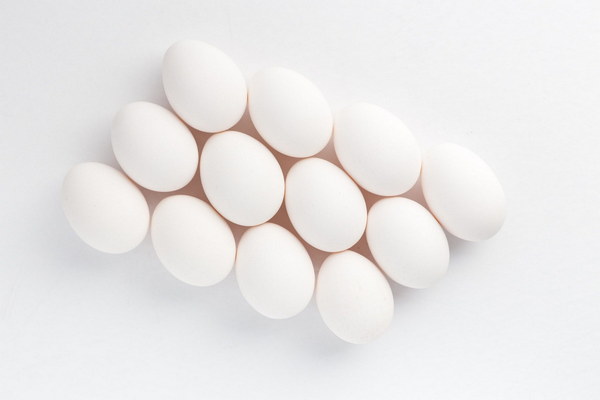Which is More GastricFriendly Dried Radish Root Powder or lotus Root Starch A Nutritional Comparison
In the realm of traditional Chinese medicine, food is not only sustenance but also a medicine. Both dried radish root powder and lotus root starch are highly regarded for their health benefits. But which one is more beneficial for your stomach? Let's delve into a nutritional comparison to find out.

Dried radish root powder, also known as daikon powder, is derived from the radish root, a common vegetable in Chinese cuisine. It is rich in dietary fiber, vitamins, and minerals, making it a great addition to your diet. Lotus root starch, on the other hand, is made from the lotus root, a water plant with a nutty flavor and texture. It is also packed with nutrients and has been used in traditional Chinese medicine for centuries.
When it comes to nourishing the stomach, both dried radish root powder and lotus root starch have their advantages. However, let's take a closer look at each one's properties to determine which is more beneficial.
1. Dietary Fiber: Both dried radish root powder and lotus root starch are high in dietary fiber. Dietary fiber is essential for maintaining a healthy digestive system and preventing constipation. It helps to keep the bowels moving smoothly, which can be especially beneficial for those with stomach issues. However, dried radish root powder has a higher fiber content than lotus root starch, making it more effective in promoting gastrointestinal health.
2. Anti-inflammatory Properties: Both dried radish root powder and lotus root starch have anti-inflammatory properties. Inflammation can cause discomfort and pain in the stomach, so reducing inflammation can help alleviate these symptoms. While both have anti-inflammatory effects, dried radish root powder is believed to have a stronger anti-inflammatory effect due to its high content of isothiocyanates, a compound found in radishes.
3. Digestive Enzymes: Dried radish root powder contains digestive enzymes that can help break down food and promote better digestion. This can be particularly beneficial for individuals with poor digestion or those who often experience stomach discomfort after meals. Lotus root starch, on the other hand, is a good source of starch, which can provide energy and help maintain blood sugar levels. However, it does not have the digestive enzyme content found in dried radish root powder.
4. Nutrient Content: Dried radish root powder is rich in vitamins A, C, and E, as well as calcium, iron, and potassium. These nutrients are essential for overall health and can help support the stomach's function. Lotus root starch also contains vitamins and minerals, although its nutrient profile is slightly lower than that of dried radish root powder.
In conclusion, both dried radish root powder and lotus root starch offer health benefits for the stomach. However, dried radish root powder seems to have an edge when it comes to promoting gastrointestinal health. Its high fiber content, anti-inflammatory properties, and digestive enzymes make it a more effective option for those looking to nourish their stomach. That said, it's essential to consult with a healthcare professional before making significant changes to your diet, especially if you have specific health concerns or conditions.
Incorporating dried radish root powder into your diet can be as simple as adding it to soups, stews, or smoothies. Lotus root starch can also be used in a variety of recipes, such as desserts, noodles, or as a thickener for sauces. Both are versatile and can be a delicious addition to your daily meals, providing you with the nourishment your stomach needs.









